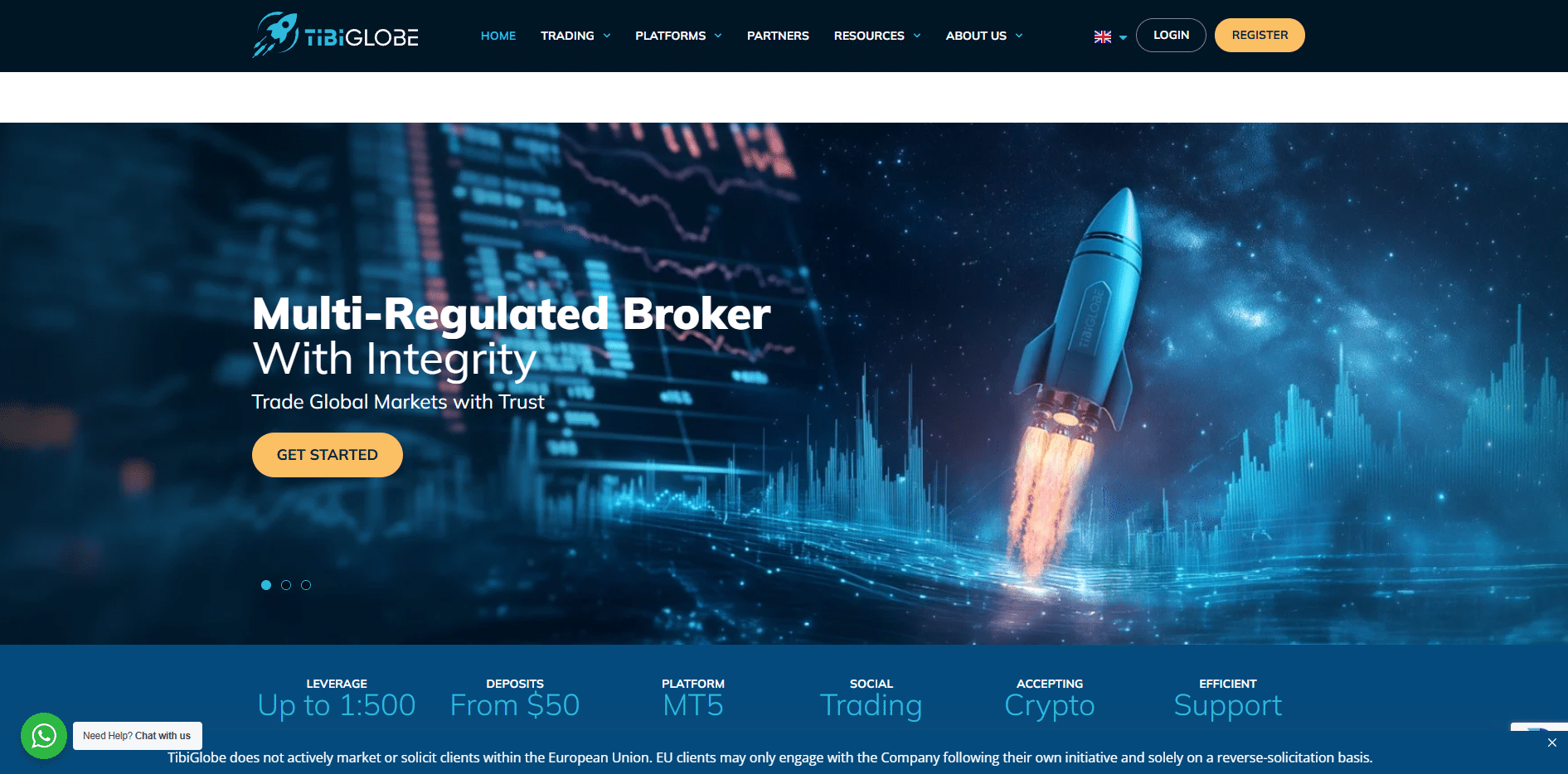Profile
What BlackBull Markets Does and Who They Serve
BlackBull Markets is a New Zealand-based forex and CFD broker offering institutional-grade trading conditions to both retail and professional traders worldwide. Operated by Black Bull Group Limited, the company is registered and regulated by the New Zealand Financial Markets Authority (FMA) under registration number FSP403326. It also operates a subsidiary regulated by the Financial Services Authority (FSA) of Seychelles for global client onboarding.
BlackBull Markets has positioned itself as a high-performance STP/ECN broker, appealing to traders seeking low latency, deep liquidity, and fast execution. It caters to a global audience, with particular strength in Asia-Pacific, Europe, and Africa, offering multilingual support and 24/6 customer service.
Trading Services and Platform Features Offered by BlackBull Markets
BlackBull Markets provides access to over 26,000 tradable instruments across major asset classes, including:
-
Forex pairs (majors, minors, exotics)
-
Indices (global benchmarks like the S&P 500, FTSE 100)
-
Commodities (oil, gold, silver)
-
Shares (US, UK, and global equities)
-
Cryptocurrencies
-
ETFs and futures
The broker offers three main account types: Standard, Prime, and Institutional, with leverage up to 1:500, spreads from 0.0 pips, and commission-based pricing on professional accounts.
Key platform and trading features:
-
MetaTrader 4 (MT4) and MetaTrader 5 (MT5) support
-
Equinix NY4 data centre connectivity for ultra-fast execution
-
VPS hosting and copy trading via ZuluTrade and Myfxbook
-
TradingView integration
-
Customisable dashboards and client portals
-
Tight spreads and no dealing desk execution
BlackBull Markets also offers a partnership programme, educational materials, and regular market insights.
Ideal Clients: Who BlackBull Markets Is Designed For
BlackBull Markets is designed for:
-
Active retail traders seeking fast execution and competitive spreads
-
Professional traders and institutions using automation or high-volume strategies
-
Algorithmic and VPS-dependent traders
-
Global traders, with multilingual support and multiple payment options
-
Scalpers and day traders, due to its STP/ECN infrastructure
Its high leverage, platform flexibility, and execution speed also make it suitable for advanced and experienced users.
Regulatory Status and Trustworthiness of BlackBull Markets
BlackBull Markets is:
-
Registered and regulated by the FMA (New Zealand) – a reputable Tier-2 regulator
-
Registered with the FSA Seychelles for broader international service
-
Compliant with AML and client fund segregation standards
-
Offers negative balance protection (subject to jurisdiction)
While the FMA is not as stringent as Tier-1 regulators like the FCA or ASIC, it provides a moderate level of investor protection, and the broker has built a strong reputation for operational transparency and reliability.
What Makes BlackBull Markets Stand Out in the Trading Industry
BlackBull Markets distinguishes itself with:
-
Institutional-grade ECN infrastructure
-
Access to over 26,000 assets via MT5
-
Low spreads and high leverage options
-
Equinix NY4 server placement for latency-sensitive trading
-
Full support for algorithmic and high-frequency trading
It has received industry recognition from sources like FinanceFeeds and ForexBrokerChooser, and its consistent focus on execution quality makes it a preferred broker among serious traders.
Pros and Cons of Using BlackBull Markets
Pros
-
Regulated by New Zealand FMA
-
ECN execution with deep liquidity
-
MT4, MT5, and TradingView integration
-
VPS and copy trading options
-
Large range of instruments including stocks and crypto
Cons
-
FMA is not a Tier-1 regulator
-
No investor compensation scheme in New Zealand
-
Offshore regulation in Seychelles for some clients
-
No proprietary trading platform
Conclusion: Final Thoughts on BlackBull Markets
BlackBull Markets has carved a niche in the trading industry as a high-performance ECN broker with institutional execution and a wide asset selection. With regulatory backing from the FMA, and a reputation for transparency and speed, it remains a strong option for serious forex and CFD traders globally. However, the lack of Tier-1 regulation may require extra due diligence for risk-conscious users.


